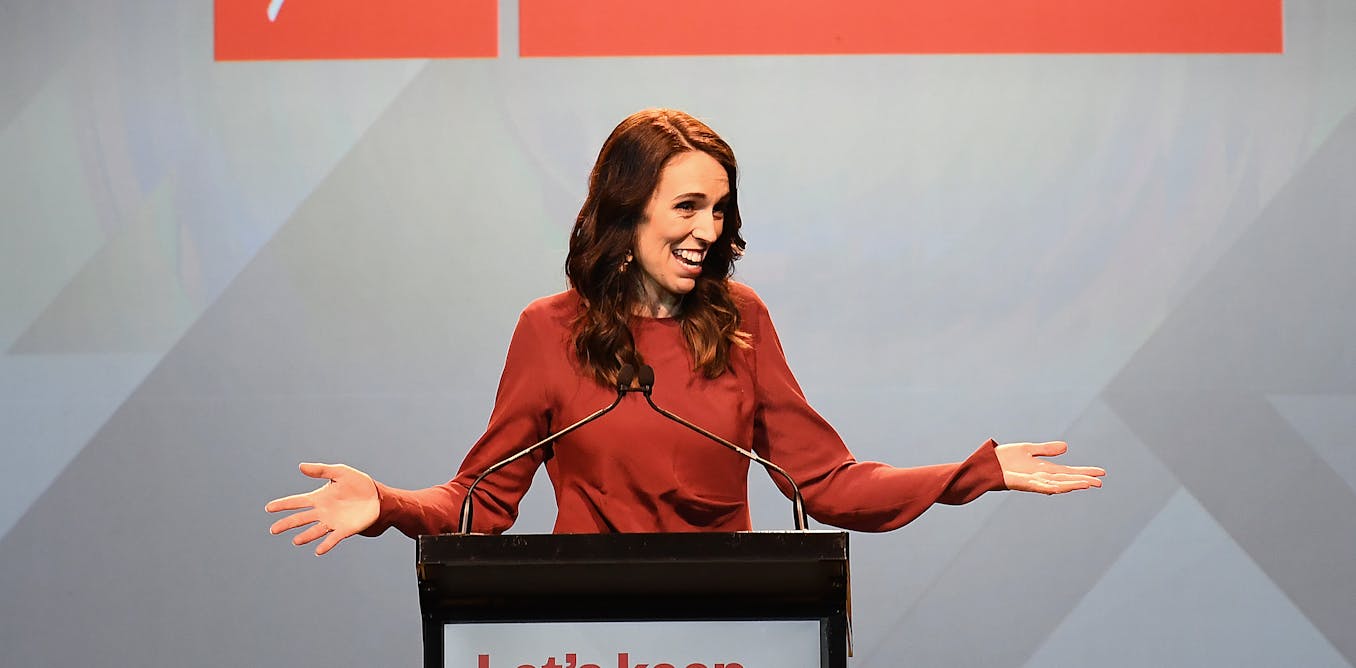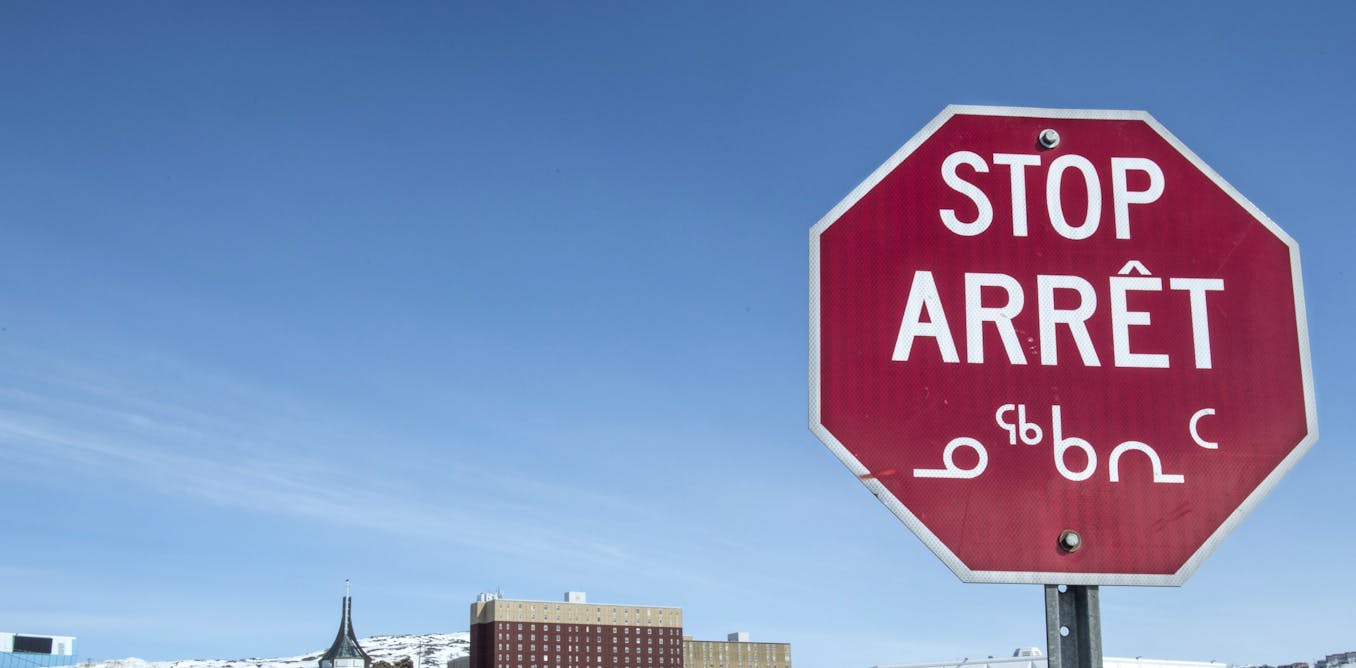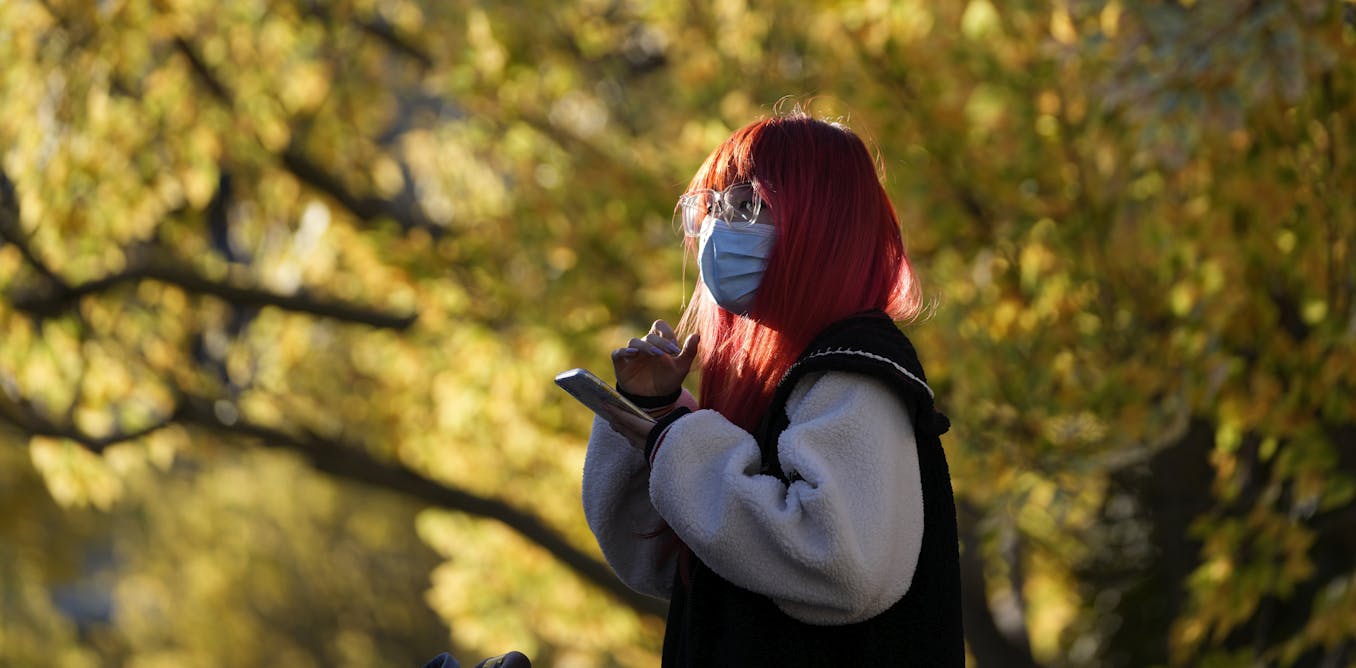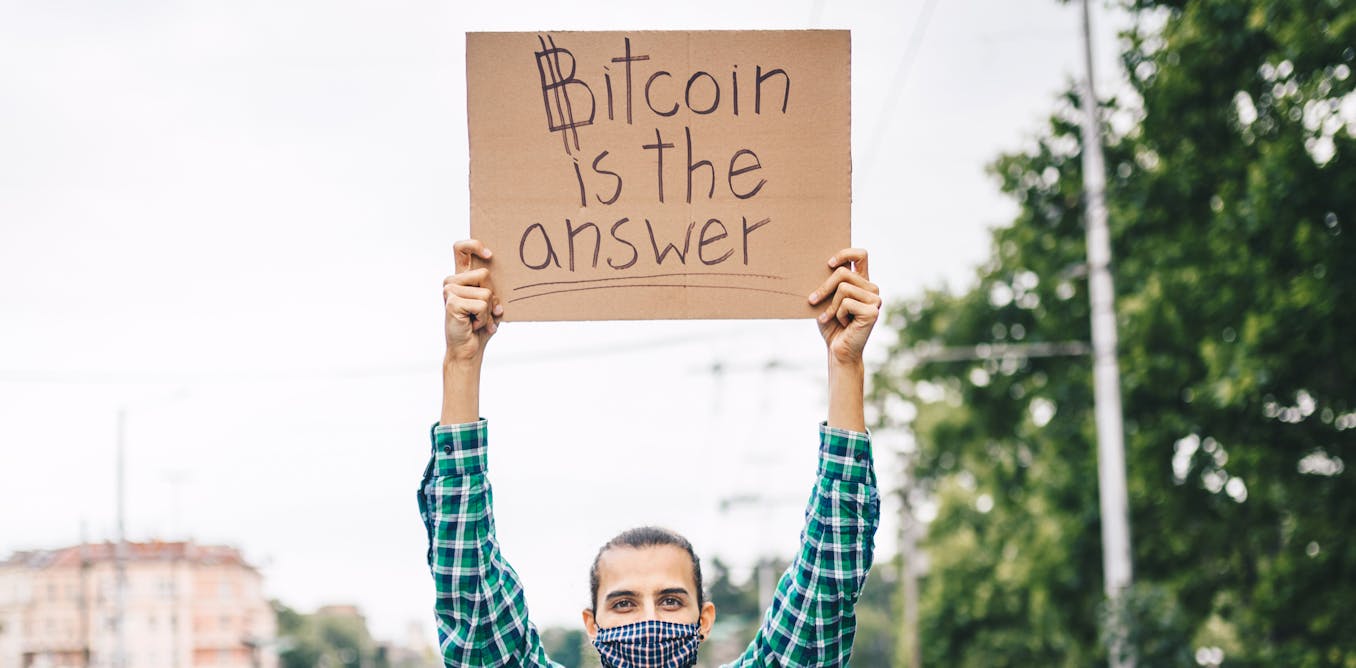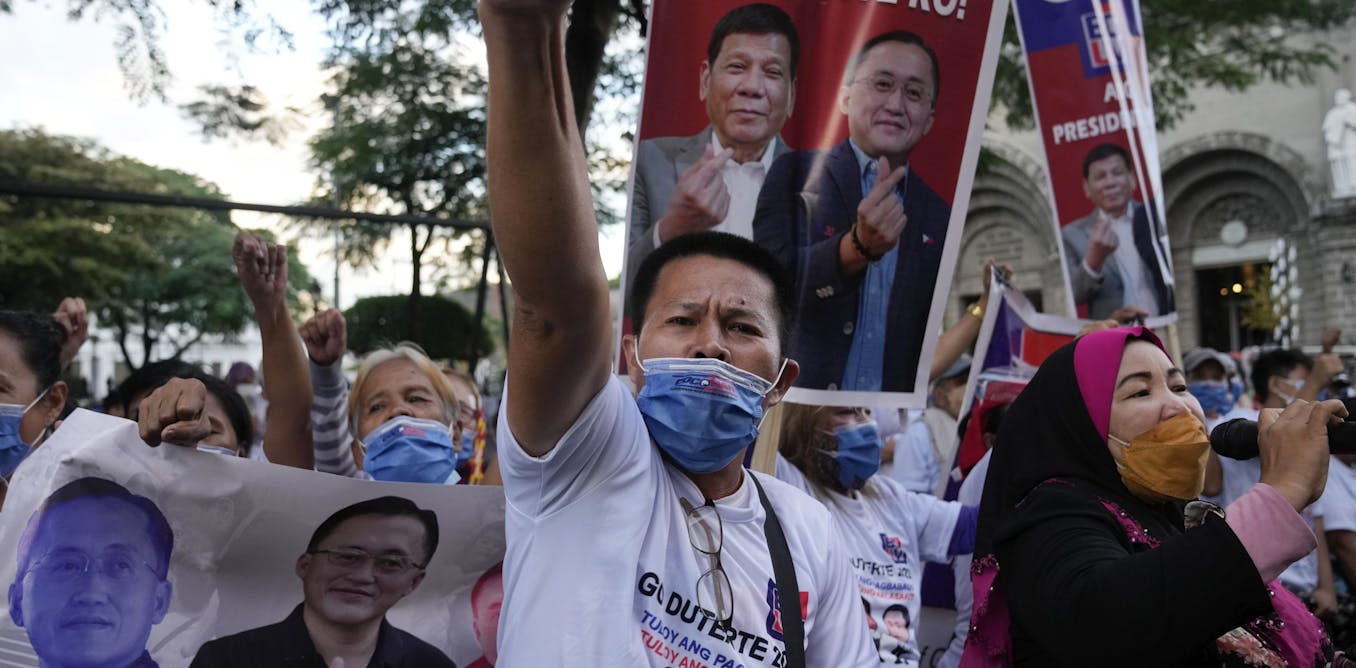How Russia's unanswered propaganda led to the war in Ukraine
Russia’s propaganda signalled a full-scale invasion of Ukraine a long time ago.
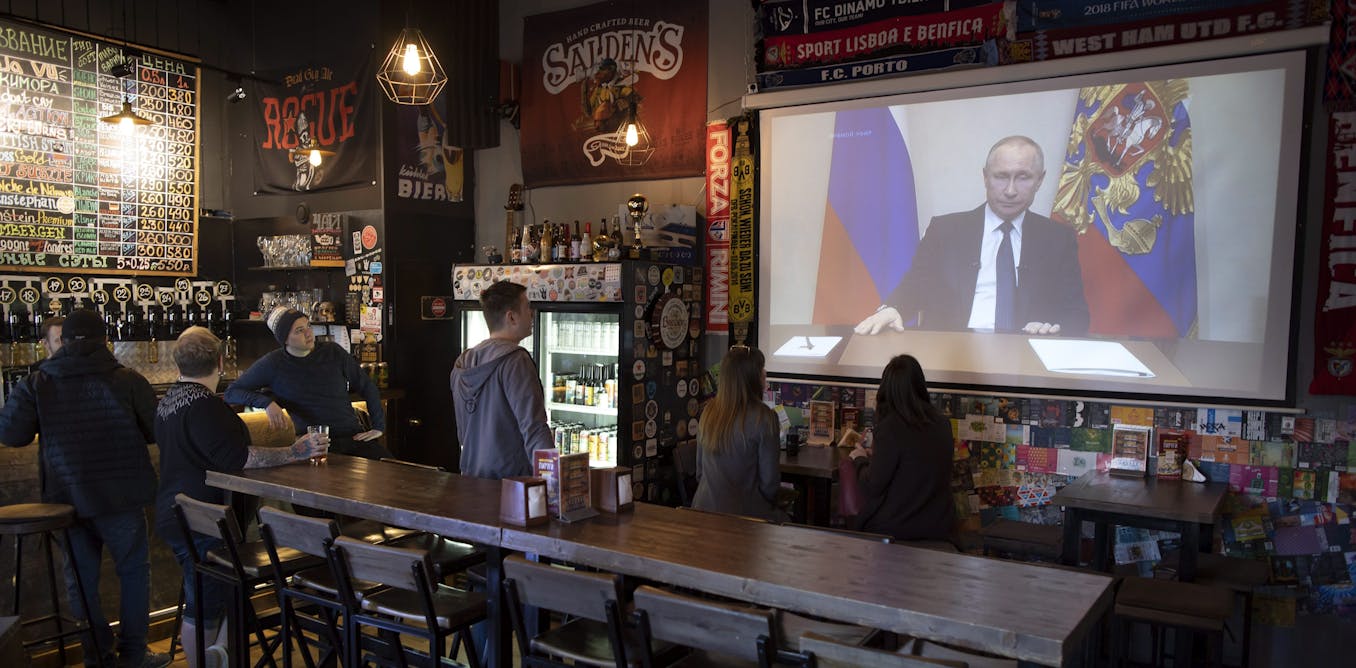
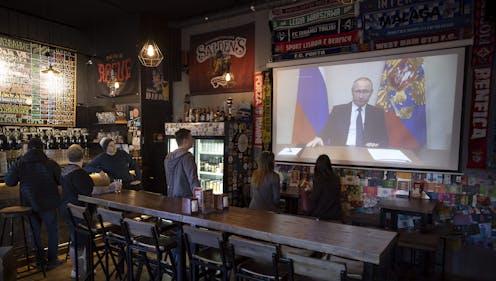
A lot has been written about Russia’s disinformation campaigns and efforts to spread fake news, which flooded western countries in the past decade and had different effects around the globe.
But many failed to see, or perhaps ignored, what all of this meticulously planned propaganda might lead to.
The world was shocked by Russia’s attempts to get its favoured candidate elected in the 2016 United States presidential election by unleashing all of its propaganda forces. Its troll factory, operated out of St. Petersburg, worked 24/7 spreading fake news on social media.
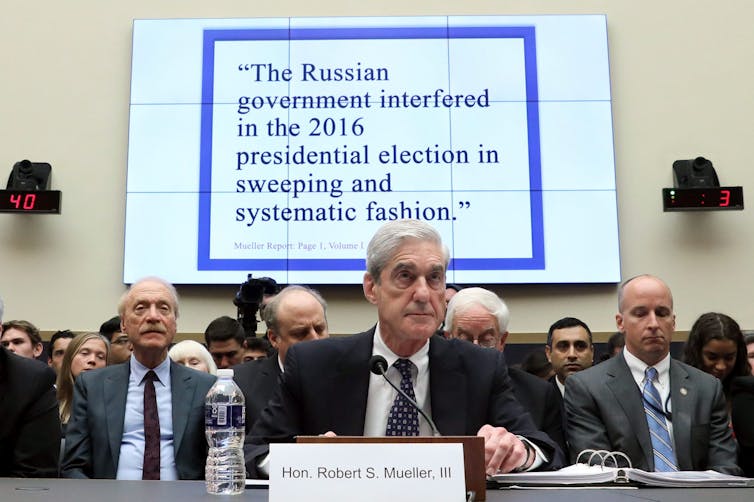
Russia’s hacker groups targeted the U.S. election system and other infrastructure. Democratic National Committee documents were leaked, some distorted to enhance the alternative facts that Russia was promoting.
These efforts helped Donald Trump become president while Hillary Clinton, whom Vladimir Putin openly disliked, lost the campaign.
Exploiting turmoil
In other countries where it was not feasible to get its favoured candidate elected, Russia exploited existing political turmoil or created new chaos and social problems to diminish democratic development.
In Europe, where many countries rely on Russia’s energy resources, Russia conducted aggressive information campaigns that in many cases even increased European dependency on its gas supplies.
The Nordstream-2 pipeline is the most notorious example: it was contracted at the same time Russia occupied Ukraine’s Crimea and parts of Luhansk and Donetsk regions, effectively launching a war in those areas of Ukraine.
The signs that Russia’s atrocities would escalate have always been here. Russian propaganda has expanded its capabilities for years, laying the groundwork for the massive invasion of Ukraine on Feb. 24.
Russia has also worked to discredit the image of Ukraine among its western partners. Special vocabulary was even promoted to portray Ukraine negatively.
The war in the Donbas was referred to by many experts as the Ukrainian “crisis,” distracting attention from the real problem — Russia’s occupation of those territories. Ukraine was also depicted as a failed state.
The fact that the country has been at war for eight years has been often diminished or even ignored as the war was presented as an internal problem.
Priming for war
Russia’s propaganda has a number of different strategic dimensions and targeted consumers. Within Ukraine, it tries to sow divisive narratives and promote misleading interpretations and causes.

One of the decisions for the full-scale invasion of Ukraine by Russia was a belief that its propaganda had succeeded in building a base of supporters in Ukraine. Nonetheless, Russian troops aren’t welcome in Ukraine and have faced fearless resistance from ordinary citizens in every corner of the country.
A massive propaganda campaign has also been conducted within Russia, fuelled by unprecedented resources and substantial amounts of content produced for internal consumption. For the past several years, Russian citizens have been deliberately inundated with information that was propagating the inevitability of war with NATO and Ukraine.
Read more: How Putin used propaganda to deftly turn Russians against Ukrainians
Both NATO and Ukraine have been depicted as aggressive foes that want to destroy Russia. On the other hand, Russia positioned itself as the last bastion and defender of the true pure values of Orthodoxy and the Russkiy mir (Russian world), which are threatened by the corrupt liberal West.
For years, demonizing the enemy was the primary goal of Russia’s propaganda machine, which was working non-stop to this end.
State-owned television channels and outlets have devoted substantial airtime, online and newspaper coverage every day to vilifying Ukraine, the U.S., the EU and NATO. Ukraine has been the main topic of all talk shows and news.
Radicalizing Russians on Ukraine
All the justifications that Putin outlined in his notorious early-morning speech on Feb. 24, 2022 — proclaiming a war against Ukraine that in Russia may only be referred to as a “special military operation” — were intensively discussed in a confrontational manner by hosts and guests of prime-time TV shows.
This is how Russia deliberately radicalized Russian society on the question of Ukraine and Ukrainians.
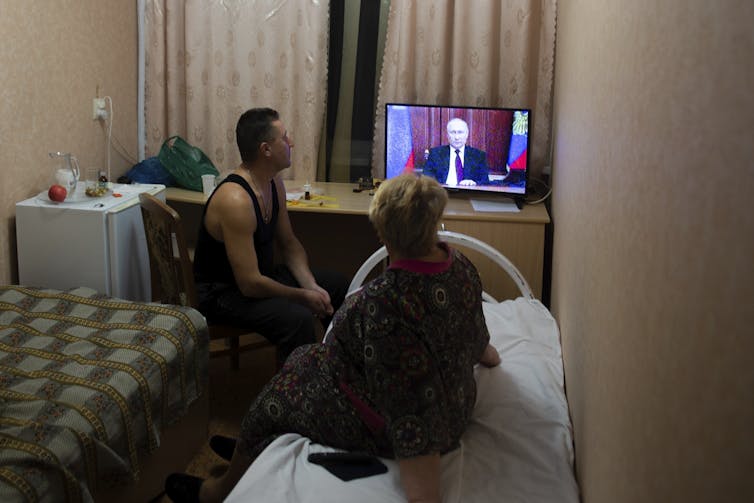
Russian propaganda also trumpeted the superiority of its conventional army over any army in the world, including its nuclear capabilities. Threats to turn the U.S. and its allies in Europe into radioactive ashes have been made openly numerous times. Russia’s army even has its own highly popular TV channel that works 24/7 to promote war and aggression.
Russian propaganda has grown bolder and unanswered for years, leading to the full-scale invasion of Ukraine while serving to mislead and deceive Russians.
The democratic world now appears to have united and become more cohesive in its support of Ukrainians, strengthening Ukraine. Russia, meantime, is weakened. But the war could have been avoided altogether if the West had taken more decisive action much earlier.![]()
President of the Alberta Society for the Advancement of Ukrainian Studies
What's Your Reaction?





















